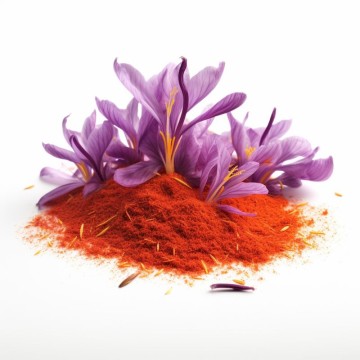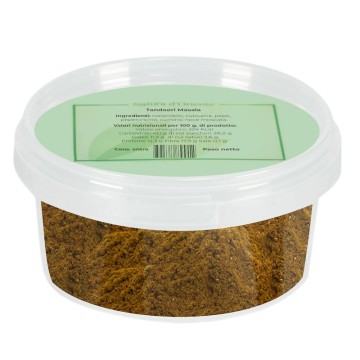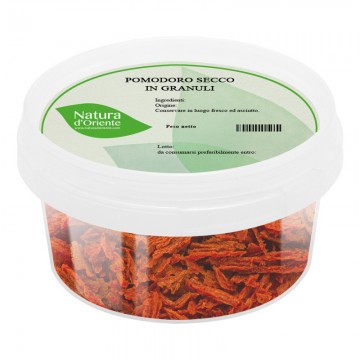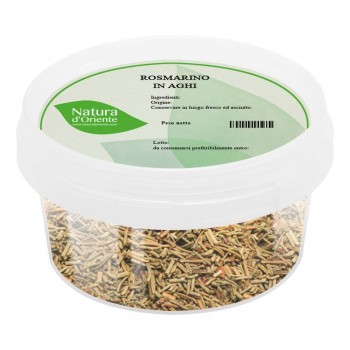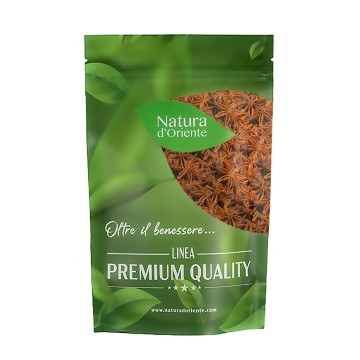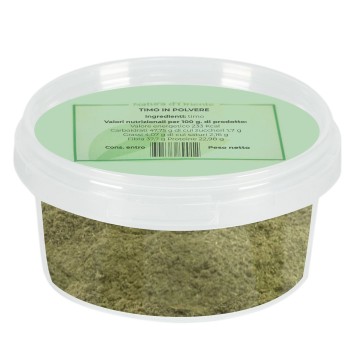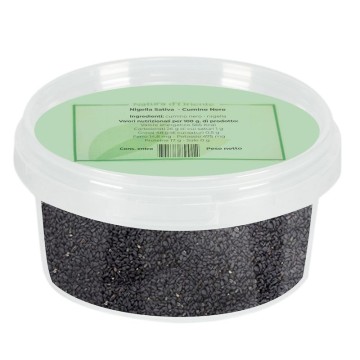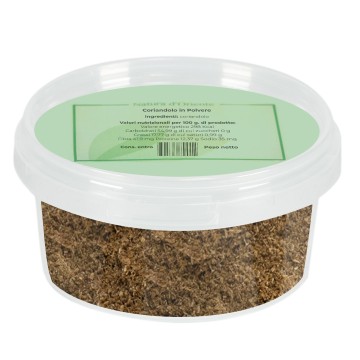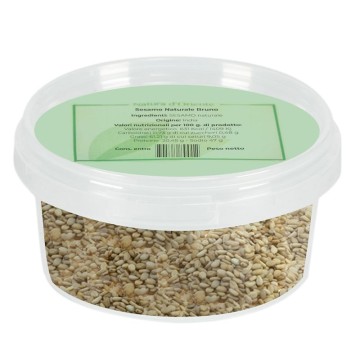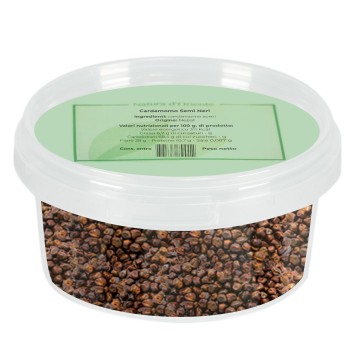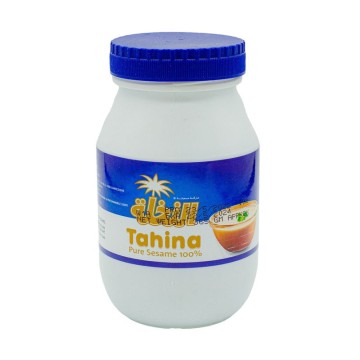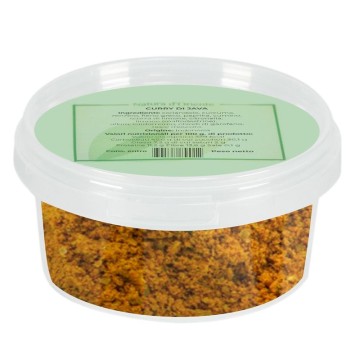As a condiment this ingredient has been known for centuries in Europe and Asia, as a bolder mustard seed, full of heat and spiciness. It is a variety with dark seeds, smaller than other types of mustard, which offers greater sinigrin - the substance that gives an intense and warm flavour, a pungent but volatile, not excessive, spicy aroma. This variety of black mustard is often used in cooking to make flavorful sauces and condiments, adding spicy notes and depth to many recipes. As a spice it stands out from other varieties with light or brown seeds (sharper taste), more widespread in Western cuisine. Black mustard seeds are particularly popular in exotic cuisine, especially in Indian and Bengali territory within various traditional recipes. Black mustard is also known as a natural remedy - through infusions and compresses - for its beneficial qualities and valuable nutritional substances.
What are the properties of black mustard seeds
These parts of the plant are the richest in active ingredients and contain a significant quantity of fatty oil, mainly oleic acid. Among the substances present, in addition to lipids (oleic, linoleic, linolenic fatty acids) and proteins typical of oil seeds, there are mucilages and some sulfur compounds responsible for their aroma, phenolic compounds and bioactive antioxidants useful for protecting the organism. The antioxidants contained in mustard promote a purifying activity for the body, which counteracts irritation. In addition, black seed mustard contains beneficial compounds such as carotenoids and other vitamins - A, C, E, K, B vitamins (thiamine, riboflavin, vitamin B6 and folic acid). Seeds make proteins, amino acids and dietary fiber available; as well as essential minerals such as manganese, calcium, iron, potassium, magnesium, copper, selenium and zinc. As a resource for our well-being, black mustard can be used to directly consume the seeds as a snack or with infusions and decoctions.
What are mustard seeds good for?
In addition to their nutritional qualities, they are useful for various effects on our body. They mainly promote correct digestion and the fluidity of bronchial secretions, as well as possessing rubefacient qualities. For gastrointestinal well-being, black mustard seeds stimulate gastric secretions and facilitate digestion. Mustard in black seeds is an ally for the stomach and intestinal transit, in particular with a purifying and laxative action. They are useful seeds for those suffering from constipation, traditionally used in infusion to promote intestinal motility. For the laxative effect you can take a teaspoon of black mustard seeds in the morning or evening on an empty stomach. Added to warm milk and sipped before a meal they can have digestive effects. The seeds can also be used for a diuretic detox effect, against water retention (edema), through infusions or decoctions. The rubefacient activity is linked to the external use of mustard through applications, which stimulates the blood circulation of the treated area, carrying out an action also known as revulsive. It attracts an influx of blood into the superficial layers of the skin and removes it from the underlying layers (muscle tissues, joints, etc.); as a result, it eases their irritation. In popular herbal tradition, black mustard seeds are crushed to obtain mustard poultices: poultices prepared with the "flour" of ground black mustard seeds, degreased and mixed with warm water. These poultices for external application are useful for drawing blood to the skin and combating rheumatism, joint pain and muscle tiredness. In ancient times they were considered useful for relieving symptoms in case of colds or high temperatures. Furthermore, the potassium and calcium content of the seeds facilitates the well-being of joints and muscles; while the high levels of magnesium in mustard seeds make them useful for soothing the symptoms of headaches, calming the nervous system. Black mustard is also considered useful on a herbal level for treating the upper respiratory tract, given that it has properties useful for thinning secretions, counteracting coughs and phlegm. The decongestant properties help dissolve excess mucus and clear the airways. You can inhale the vapor of mustard seeds in boiling water or gargle with mustard infusions, to expel phlegm and alleviate throat irritation. For gargling, one teaspoon of seeds for each liter of warm water is enough. Side Effects of Black Mustard Consuming these seeds is safe, but you need to moderate your intake to avoid unwanted effects. The hiring etc
consumption of black mustard seeds can trigger digestive problems due to the presence of fibre, such as abdominal bloating and gas, stomach pain, diarrhea and intestinal inflammation; furthermore, it can cause vomiting. Consumption in large quantities is not recommended for those suffering from ulcers and gastritis. In topical applications (compresses, mustard creams, baths and foot baths with seeds) skin problems such as blisters and irritation may appear. Caution is advised in the external use of mustard in subjects with delicate skin.
How to use black mustard seeds in cooking?
These small seeds give dishes a spicy flavor and a pungent spicy aroma. The lively taste spreads initially with an aftertaste in the mouth and quickly rises towards the nose, for an intense and particular effect (evokes horseradish and wasabi). Expanding in this way on the palate, it gives an original touch to various culinary preparations - excellent for creating mustards and mustard sauces with a strong flavour. Being slightly bitter in its natural state, black mustard is usually cooked, becoming aromatic and spicy, with nutty notes. The characteristic aroma is especially enhanced by toasting the whole, raw seeds in oil, for the initial sautéing of many recipes. The aromatic profile also intensifies with soaking or contact with liquids and emulsifiers. They can also be ground on the spot, quickly spreading their smell. For each use in the kitchen, a small amount of semi-black mustard is enough. Is black mustard spicier than white mustard? Yes, the flavor of the darker version is more decisive and provocative; they derive from different plants, despite belonging to the same family. Due to their intense flavor, black mustard seeds are usually used to add aroma and spicy flavors to dishes, while the more delicate yellow seeds are used in sauces and condiments. These differences must also be evaluated when you want to replace one seed with another (more yellow mustard is needed to replace a quantity of the dark one).
Mustard seeds in recipes
Savory recipes: black mustard seeds are an excellent seasoning for vegetable dishes, salads and soups. In India they are used to flavor oil in sautés or in clarified butter (ghee) at the base of many dishes with vegetables, potatoes and legumes, curries and stews. The black seeds are also used for the preparation of pickles, leaving them to infuse, and to flavor baked goods (bread, breadsticks, crackers, etc.). Meat: black mustard seeds are excellent on red meats, in recipes where it gives pungent and exuberant notes, especially in roasted or stewed dishes, where its aroma is released. It is used for a lively touch on cold or boiled meats, to spice Indian curries and beef and pork dishes; intense in flavoring sausages, cured meats and burgers. Sauces: These black seeds make a strong flavor and texture in some spreads and dips. As in classic dark mustard sauces and Russian mustard. The seeds can be used to create mustards, vinaigrettes, glazes, chutneys, aromatic dressings for sandwiches, hot dogs, meat and fish. They are used in the preparation of fruit and vegetable preserves, or mustards which include candied fruit and wine must. They combine well with horseradish and strong spices, and balance delicate ones for the harmony of sauces. Marinades and spice rubs: the whole, ground seeds impart a strong flavor in dry marinades (rubs) to season grilled meats, and in marinades in oil or other liquids. Mustard seeds combine well with salt, garlic and parsley to coat ribs and fillets for roasting or grilling. The spicy marinade is obtained with black mustard seeds, oil, lemon juice, chopped garlic. Flavoring: black mustard seeds are used in Asia, mainly in Indian cuisine, to flavor oil or clarified butter, with a process that releases a nutty aroma. You can include these seeds in a vinegar solution to make pickles (onions, cucumbers, etc.) or in brine. They infuse a pungent touch when combined with vinegar and salt. They can give a lively flavor to warm milk, left to infuse for a few minutes. Blends: Black seeds are typical of panch phoron, an Indian spice mix used in local cuisine, and generally add a deep spicy note to any blend. Their warming flavor pairs well with cumin, coriander and turmeric. In curry blends they also enhance fenugreek and chilli pepper, giving a more complex tingly touch.
The Recipe: Potatoes and cauliflower with spiced butter
<
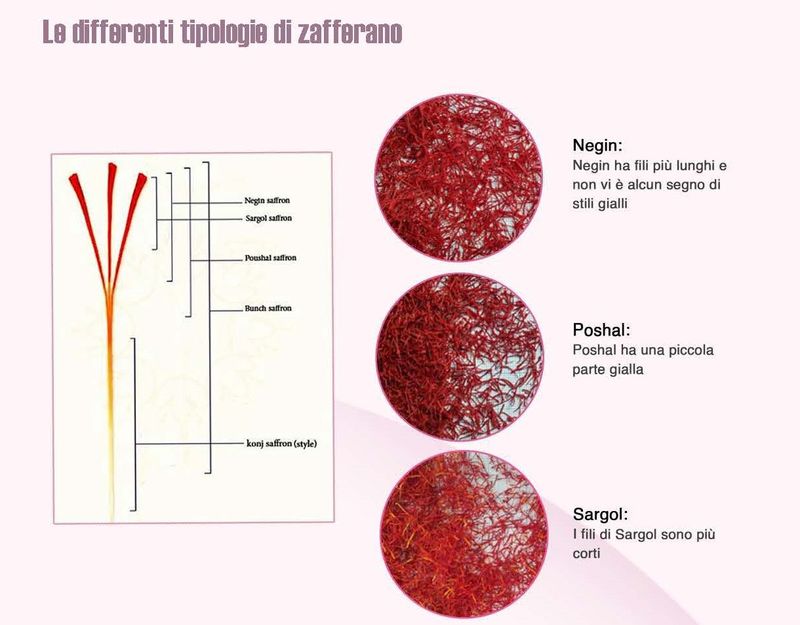

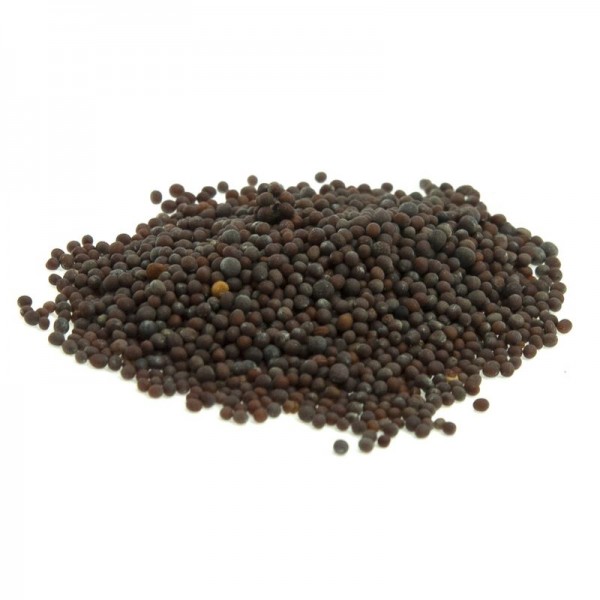

 No reward points for this product.
No reward points for this product.

